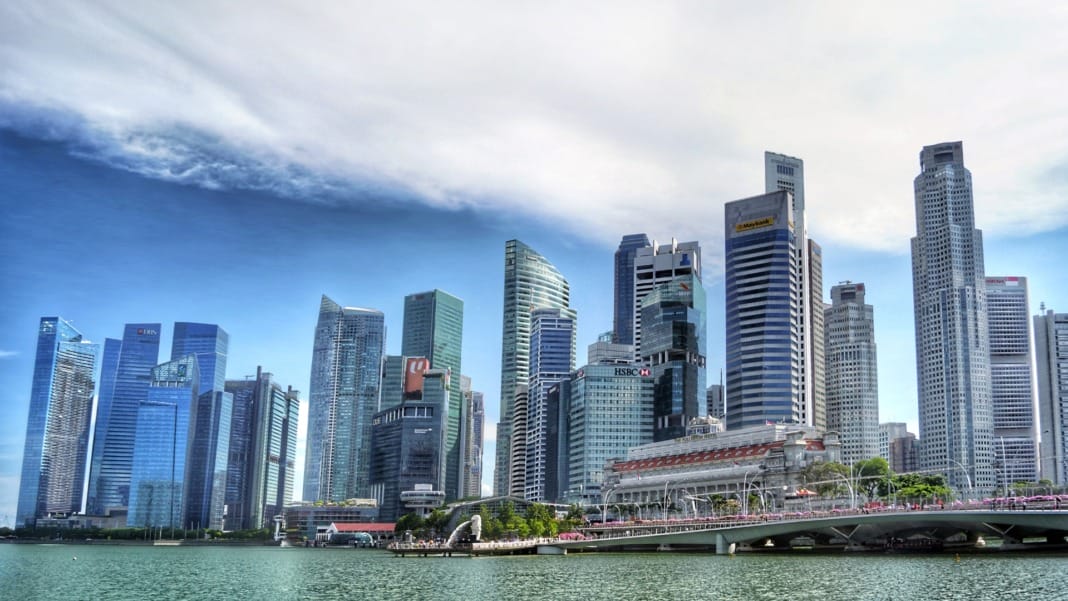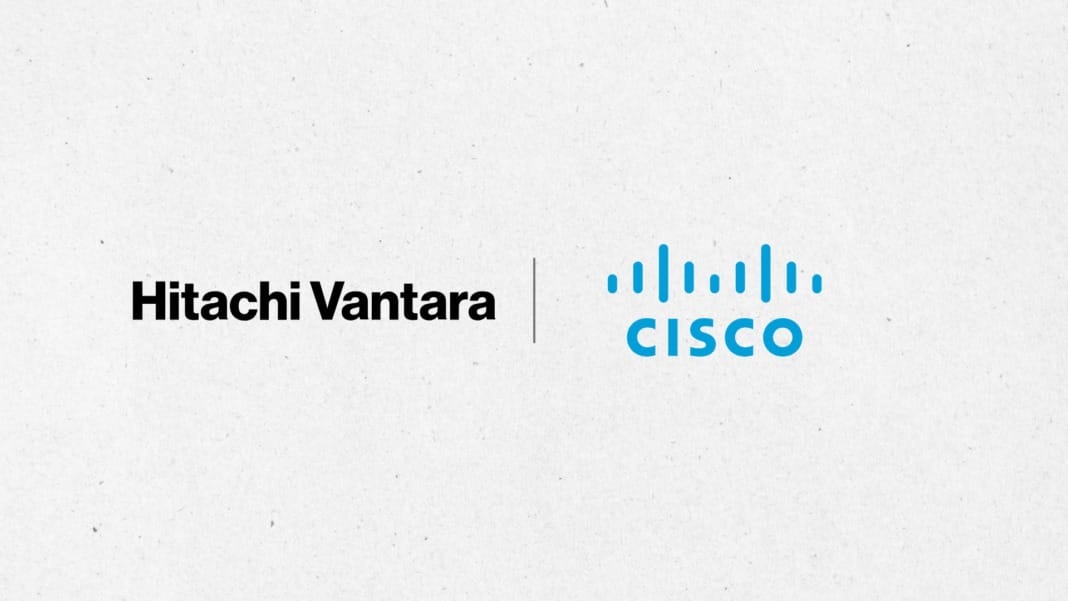The Singapore Business Federation (SBF) saw a successful 2024, expanding its membership to over 32,000 statutory and associate members. This marks an increase of 2,000 members from the previous year. SBF engaged over 15,600 unique companies—an 18% rise year-on-year—with its programmes benefiting more than 7,700 companies.
Throughout the year, SBF grew its partner network from 150 to 180, supporting its goal of driving Singapore’s business growth through public-private collaborations. By combining resources, networks, and expertise, these partnerships have helped businesses tackle challenges and seize new opportunities.
Boosting internationalisation amid uncertainties
SBF’s internationalisation efforts in 2024 benefitted over 1,900 companies. Initiatives included nine Overseas Market Workshops (OMWs) with 150 participants and over 1,500 market and Free Trade Agreement advisories. SBF facilitated 176 projects across 95 companies, providing assistance in forming partnerships, connecting with intermediaries, setting up operations, and generating leads.
The Singapore Apex Business Summit (SABS) held in July 2024 was a major event, attracting over 2,000 participants from 55 countries. During the summit, SBF launched the Centre for the Future of Trade and Investment (CFOTI) to foster a vibrant regional trade environment. In collaboration with HSBC, SBF focused on expanding trade links in key markets such as the Greater Bay Area, India, and the Middle East.
To help companies penetrate ASEAN markets, SBF hosted the 8th ASEAN Conference, which drew more than 500 government leaders and senior executives. They also signed an MOU with UOB, Rajah & Tann, and RSM Singapore, promoting knowledge-sharing and business expansion.
Additionally, 44 companies participated in the 7th China International Import Expo in Shanghai. At the Singapore-China Trade and Investment Forum, 15 MOUs worth over S$60 million were signed, covering cross-border trade, construction technology, healthcare, and logistics.
Promoting innovation and sustainability for growth
Over 500 businesses participated in SBF’s CTO-as-a-Service (CTOaaS) programme, where they received digital advisory support tailored to their needs. SBF also launched the Singapore Emission Factors Registry (SEFR) to provide businesses with localised data for precise carbon footprint measurement. Housed within NetZeroHub.SG, the SEFR complements other resources, including toolkits and training programmes.
To encourage sustainable transformation, SBF introduced two new programmes. The SME Sectoral Net Zero Transition Programme, developed with Bain & Company, helped 21 food manufacturers commit to cutting their Scope 1 and 2 emissions by 50% by 2030. Meanwhile, the Queen Bee Enabled Sustainability Transition (QUEST) programme, done in partnership with SingPost, EY, and OCBC Bank, aimed to support SingPost’s SME suppliers, with over 25 businesses expected to benefit in 2025.
Building a future-ready workforce
SBF played a significant role in workforce development, supporting over 4,200 businesses through initiatives like the Jobs Development Partner Programme, the Mid-Career Pathways Programme, and Career Conversion Programmes. More than 1,100 mid-career individuals were either attached to host companies or reskilled for new roles in internationalisation, sustainability, and wholesale trade.
SBF’s Business Institute conducted over 260 courses, benefitting 3,600 participants. Furthermore, more than 3,000 companies earned the Progressive Wage Mark accreditation, recognising employers that provide progressive wages to lower-income workers.
In August 2024, SBF launched the Jobs-Skills Integrator for Wholesale Trade (JSIT-WST) to help SMEs and mid-career workers keep pace with digital advancements and sustainability demands. SBF was also appointed the first partner of the Overseas Markets Immersion Programme (OMIP), which offers salary support to businesses sending employees overseas.
Policy advocacy and strengthening business capabilities
Collaborating with KPMG, SBF submitted 44 recommendations through its Budget 2024 proposal to boost Singapore’s competitiveness. The Alliance for Action on Business Competitiveness (AfA-BC), co-led with the Ministry of Trade and Industry, presented 27 key recommendations in areas like manpower, land use, and regulations.
SBF also played a key role in the Johor-Singapore Special Economic Zone, forming the Singapore Business Working Group. In July 2024, they released the report “Greater Together: Two Economies, One EcoSystem,” offering business recommendations to strengthen bilateral cooperation.
Additionally, SBF onboarded 49 Trade Associations and Chambers (TACs) into digital and human capital development programmes. They also launched the TAC Digital Playbook with SGTech, guiding TACs on their digital transformation journey.
Emphasising social impact and a new brand identity
SBF’s socially driven programmes benefitted 1,300 companies. Through the EmployWell initiative, 65 employers hired 467 individuals, fostering diversity in the workforce. Meanwhile, 46 companies joined the Company of Good initiative to promote purpose-driven business practices.
In November 2024, SBF unveiled a new brand identity with the tagline “Mobilising Business, Magnifying Opportunities,” highlighting its vision for 2030. This vision is anchored in six action agendas: internationalisation, skills development, digitalisation, sustainability, social impact, and TAC collaboration.
SBF’s CEO, Mr Kok Ping Soon, said, “In this complex economic landscape and with rising geopolitical uncertainties, SBF’s role as the apex business chamber is more crucial than ever. We are uniquely positioned to help businesses not only address current challenges but also transform to be future-ready.”





